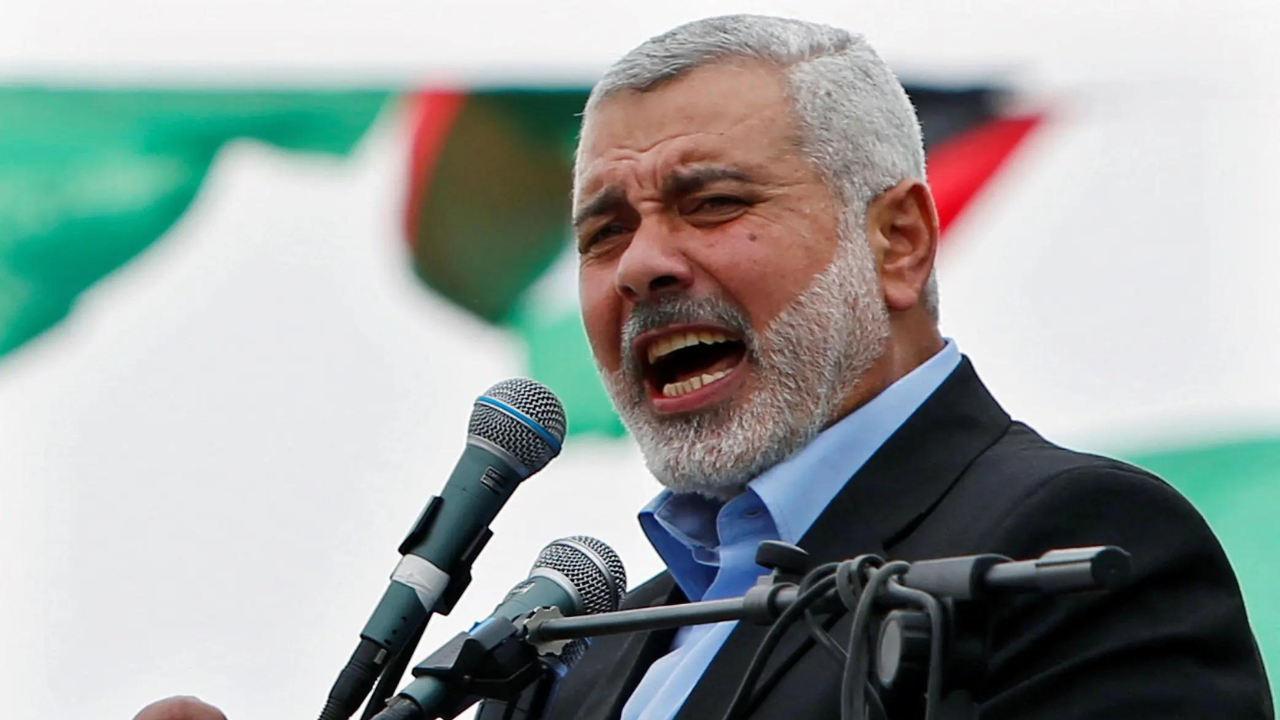Iran described the attack as a “terrorist operation” involving a projectile with a warhead of approximately 7 kilograms that caused a significant explosion.They also alleged that the United States supported the attack.
“This terrorist operation was carried out by firing a short-range projectile with a warhead of about 7 kilograms, causing a strong explosion, from outside the accommodation area,” the Guards said in a statement.
The attack occurred early Wednesday while Haniyeh was in the Iranian capital to attend the swearing-in of the new president, Masoud Pezeshkian.
The Guards reiterated their commitment to avenging Haniyeh’s death, saying that Israel would face severe consequences at the appropriate time and place.
Haniyeh’s killing has intensified regional tensions amidst the ongoing Gaza war. Although Israel is widely believed to be responsible for the attack, the Israeli government has not claimed responsibility and has declined to comment on the matter.
Israel had earlier targeted a Hezbollah stronghold in south Beirut, killing a senior commander of the Lebanese militant group. Israel blamed Hezbollah for a deadly rocket strike on the Israeli-annexed Golan Heights over the weekend. These killings are the latest in a series of major incidents that have drawn Iran-backed militant groups in Syria, Lebanon, Iraq, and Yemen into the Gaza conflict.
In Iran, calls for retaliation against Israel have grown louder since Haniyeh’s assassination. The ultra-conservative Kayhan daily suggested that retaliatory operations would be “more diverse, more dispersed and impossible to intercept,” with targets including “areas such as Tel Aviv and Haifa and the strategic centres and especially residences of some officials involved in the recent crimes.”
Haniyeh has led Hamas’s international diplomacy during the ongoing war, which began with a Hamas-led attack on Israel on October 7. He had been participating in internationally-brokered indirect talks aimed at reaching a ceasefire in the Palestinian enclave.
His assassination occurred less than 24 hours after Israel claimed to have killed a Hezbollah commander in Beirut in retaliation for the Golan Heights strike.
(With agency inputs)






